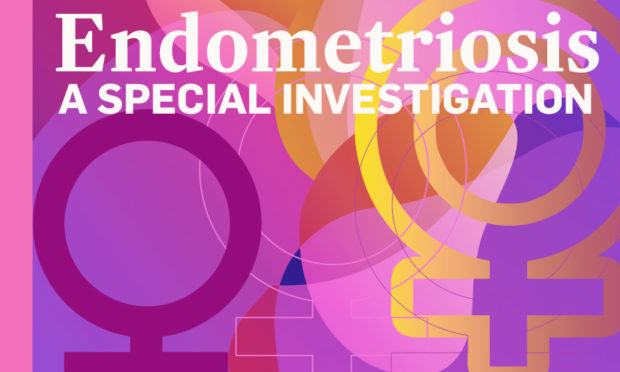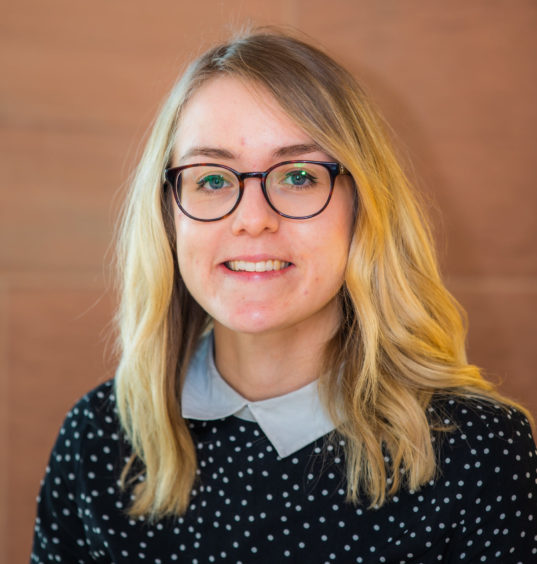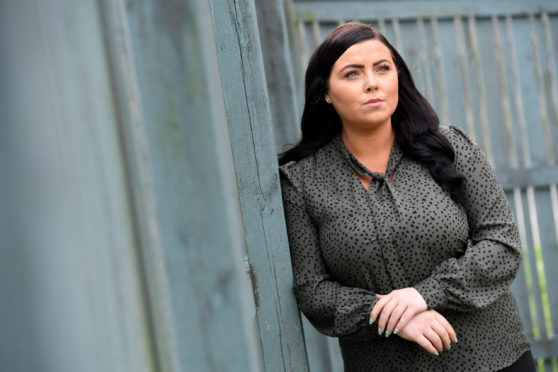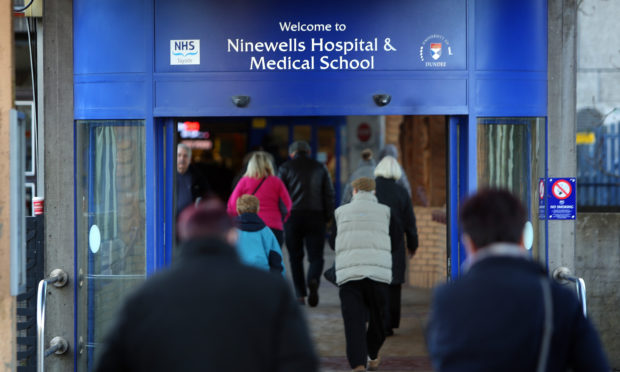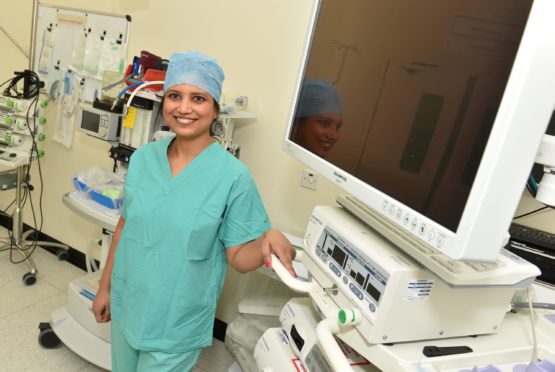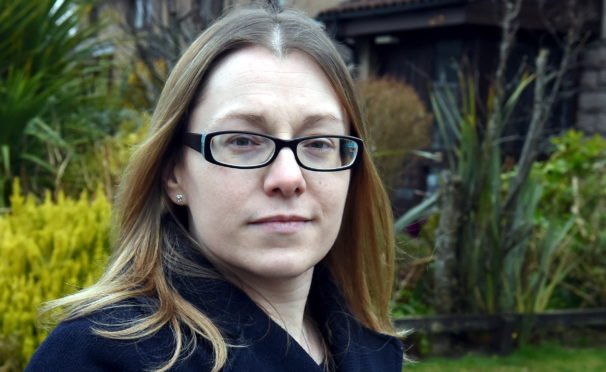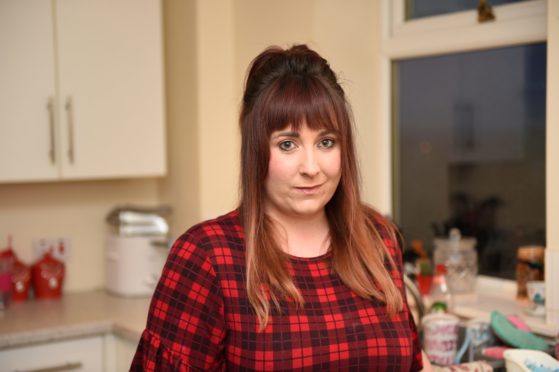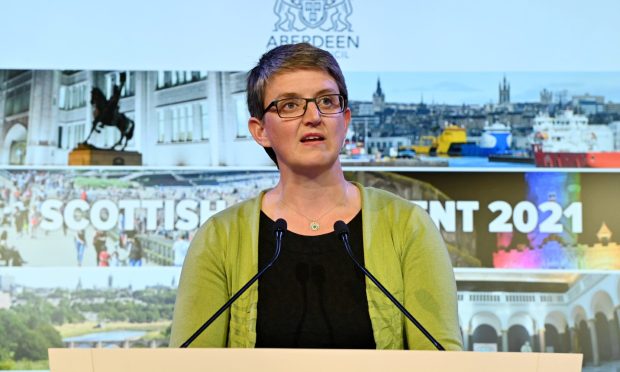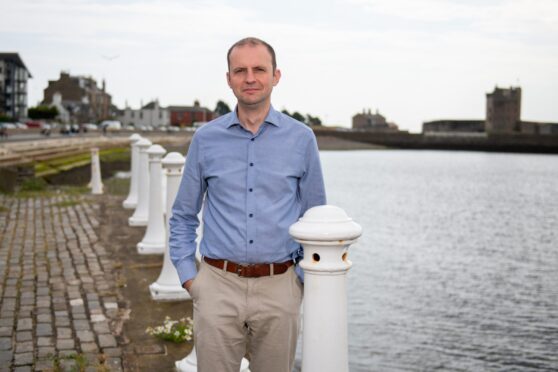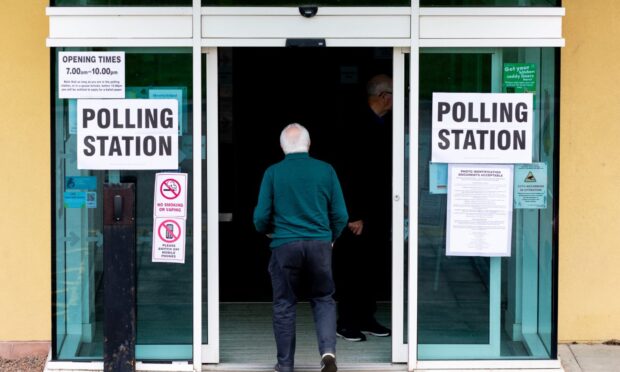The newly-launched Westminster inquiry into endometriosis is a positive step but one that is long overdue, writes Adele Merson.
I have been both shocked and saddened by the experiences of the women who agreed to share their stories with me but also encouraged by their bravery and resilience in putting up with what can so often be a truly debilitating condition — one that has forced its sufferers to take time off work or school, to change their lifestyles, battle depression and consider their fertility from as early as their teenage years.
One woman in particular has had to cope with the difficult decision that she will not have her own biological children – a life plan she had always imagined would become a reality.
I can scarcely imagine the pain that must come from making such a tough decision, when having children is something she so strongly desired.
As Aberdeen Endometriosis Centre lead Dr Lucky Saraswat told me, this is a condition that women suffer in their “most productive years” when they should have the freedom to focus on their careers, education or trying to have a family.
Instead, they feel alone and left to struggle on strong painkillers, which come with their own side-effects, and provide a woeful solution.
These real-life experiences have starkly presented why women’s health issues must be taken more seriously.
It is simply not good enough and sufferers deserve better.
Some would argue the lack of progress is because it’s a women’s health issue and its sufferers are too easily fobbed off or told it’s “just a heavy period”.
Talking about periods is still a taboo, albeit one that is finally lessening, but speaking about menstruation has to be normalised quickly if we are to make real progress on women’s health.
We need to break down those existing barriers to allow open discussion of intimate health issues to happen. If this helps sufferers be more open about their symptoms sooner then that can only be a good thing.
At a health board level, waiting list times are too high but medical professionals do seem to be working hard to bring these down.
But these delays for diagnosis and treatment leave sufferers often leave sufferers alone and with little support.
Women know their bodies. We know when something isn’t right.
